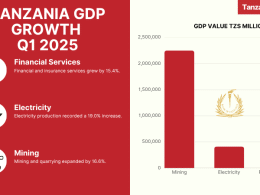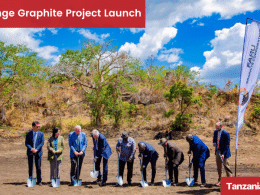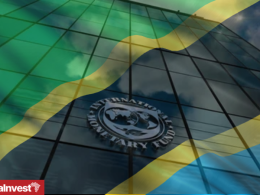Tanzania’s Prime Minister Kassim Majaliwa has directed all district and city councils in minerals areas to prepare by-laws in collaboration with stakeholders in the mining sector that align with the Mining Act.
He issued the directive on 9th May 9 2023, during the opening of the Mining Conference and the Annual General Meeting of the Federation of Tanzania Small Scale Miners Association (FEMATA) in Mwanza.
“Directors of the councils should set up effective systems for levying fees and eliminate hurdles for small-scale miners by reducing the burden of levies through other revenue sources,” he said.
The Prime Minister added that the government is committed to creating a conducive environment for small-scale mining and has already begun amending some of the Mining Regulations and Laws while improving the business environment.
“The goal is to enable citizens, particularly small-scale miners, and various stakeholders to participate effectively in the mining economy,” he said.
Majaliwa spoke about the mining sector’s contribution to the national income, which has increased from 4.4% in 2017 to 7.2% in 2021. “In the third quarter of the financial year 2022/2023, the mining sector’s contribution was 9.6%.“
He said that through the mining sector, the government has been able to collect TZS 409.66 billion, equivalent to 85.43% of the TZS 479.51 billion revenue collection target for the first half of the 2022/2023 financial year.
The Prime Minister said the government has continued to allocate areas for small-scale miners and formalize areas with mineral deposits.
From July 2022 to March 2023, a total of 6,381 licenses were issued, including 3,865 small-scale mining licenses and 1,649 small-scale mineral trading licenses.
Majaliwa said the government has continued to encourage mineral value-addition activities, and three gold refineries have been established with a combined capacity of refining 515 kilograms of gold per day. The refineries are located in the Geita, Mwanza, and Dodoma regions.
For his part, the Deputy Minister for Minerals, Dr Stephen Kiruso, said the mining sector is a pillar of development worldwide. “This sector has contributed significantly to the nation’s economic growth and the development of individuals in the country,” he said.
Kiruso said the government set aside a total of eight areas covering 112.29 square kilometres in the regions of Mwanza, Geita, Pwani, and Shinyanga in its efforts to grow the small-scale mining sector. “The Ministry of Mining will continue to oversee this sector professionally to achieve the government’s objectives,” he said.










